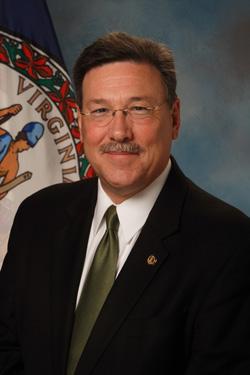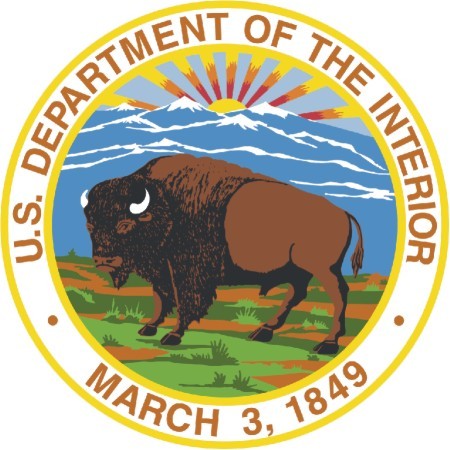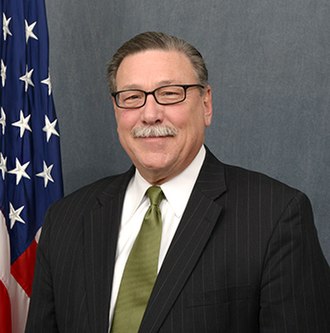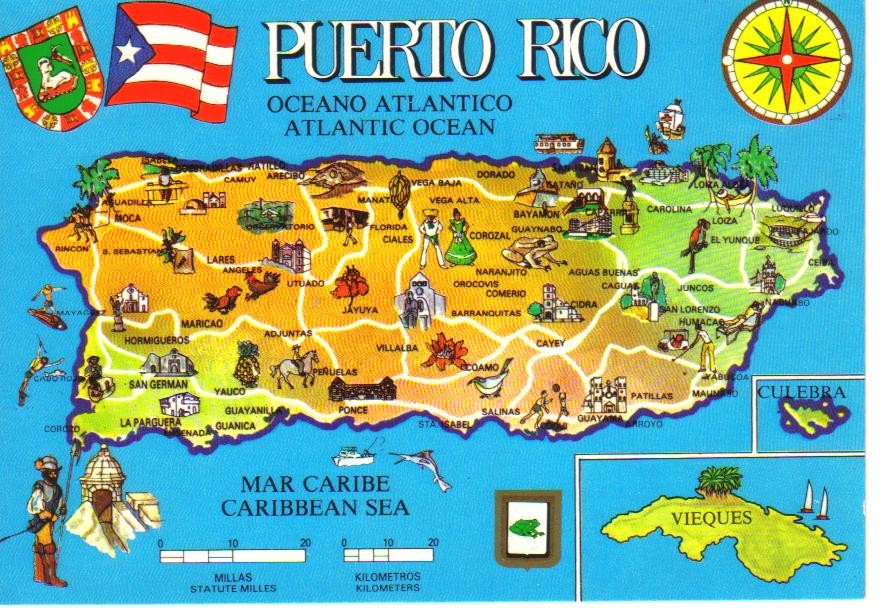
A self-described environmentalist, Douglas Domenech has served in state and federal governments. He supports conservation efforts through private development.
Whether in lecture halls, production plants, research fields, trade organizations, or governmental offices, you are a forestry devotee. Was it always a passion of yours?
I enjoy the outdoors and the wonders of God’s creation. I recognize and appreciate the benefits of professional forest management that yields strong healthy forests and wood products we all enjoy. Most important is a real respect for the men and women who work in the woods to provide these products.
Serving eight years under President George W. Bush at the U.S. Interior Department, you’ve held high-ranking positions where responsibilities covered all nine Bureaus. What did you discover about how bureaucracies function?
I was much honored to be an appointee at the Department of the Interior under the Bush Administration. Any large federal agency is a complicated mix of responsibilities on behalf of the American people and in support of the laws passed by Congress. President Ronald Reagan famously said, “only in Washington, DC would you name the agency in charge of the outdoors, the Interior.”
DOI is responsible to a vast array of our country’s natural wonders. It manages the National Park Service, National Wildlife Refuges, it manages water systems in the west, it owns enormous acres of land, and it leases areas for oil and gas production on federal lands onshore and offshore. It is a big responsibility.
But the reality is that for most appointees the job involves a lot of paperwork. Legal and administrative duties dominate oversight responsibilities. There are many hardworking government employees who dedicate their lives to managing these resources. But they are often hampered by overlapping and sometimes conflicting laws and regulations that paralyze agencies from acting. And, on occasion, the personal views of employees interfere with their responsibilities. Agency leaders need the tools to manage personnel.
[Editor’s Note: He was later appointed and served as Assistant U.S. Secretary of the Interior for Insular Areas in the Trump administration.]

Explain your insular-area collaborations. Are territories friendly, willful partners?
One of the most rewarding parts of my time at Interior was serving as the Deputy Assistant Secretary for Insular Affairs. This is the office that manages the federal government’s relationship with our 5 territories and 3 freely associated states. Sadly most people cannot even name these areas when, for example, territorial residents are in fact citizens of the United States. Many of our current states were once territories.
These are amazing places with amazing people. There are many, many problems primarily a result of the lack of resources in the smaller islands. The problems in Puerto Rico (PR) are quite different.
As Virginia’s Secretary of Natural Resources, were you ever beleaguered by radical environmentalists?
I consider myself an environmentalist. There are many people who love the outdoors, love to hike and camp and hunt. But there are environment activists whose goal is to unreasonably restrict access to public areas and sometimes privately owned lands through bureaucratic rules and regulations. For example, there is currently an effort underway to expand the authority of the EPA over all waters of the US. To date, they have had responsibility over “navigable” waters. Now they want to expand that authority. Another example would be efforts by the National Park Service to control the “view shed” from their parks, in other words, to control all private land in sight of their park.
These efforts are wrong. Private conservation efforts are a more effective way to protect the environment.
In my own experience it is important to base conflict on facts and the law.

Describe a prime problem plaguing our forests today. Is there a private-sector solution?
State and Federal rules and regulations hamper professionals from being able to effectively manage these forest resources. For example, some environmentalists view massive areas of dead and dying timber as a result of insect attacks as a natural part of the forest cycle. So they make no attempts to mitigate these problems. The result is the massive forest fires we have been seeing. The federal government no longer manages their timber resources.
Trees are a renewable resource.

An American of Puerto Rican descent with firsthand experience involving policy matters would know best: When might these Caribbean islands become a U.S. state?
To be accurate, my father was born and raised in Puerto Rico [PR] but I was born in the states. I did live on the island for a number of years and was involved in policy issues during the time at Interior.
PR is an amazing place. I continue to serve on the Advisory Board of the Conservation Trust of Puerto Rico. There are many problems in Puerto Rico which are mostly the result of many years of poor government management and overspending.
I cannot imagine that PR will become a state for many years, if ever.
Biographical Links
- Texas Public Policy Foundation page
- Statecraft Staffing profile
- The Federalist op-eds
- Townhall.com op-eds
- Heartland Institute publications
- Politico article – “Trump’s energy team overhauled”
- Wikipedia entry
- Twitter feed @dougdomenech
Douglas Domenech was Assistant U.S. Secretary of the Interior for Insular Areas (2017-21) and the Texas Public Policy Foundation’s Fueling Freedom Project director.
Enjoy learning from government officials? Let us know through our email newsletter, so we’ll conduct more interviews.
Fascinated by science? Read our chat with retired NASA astronaut Jerry Ross.